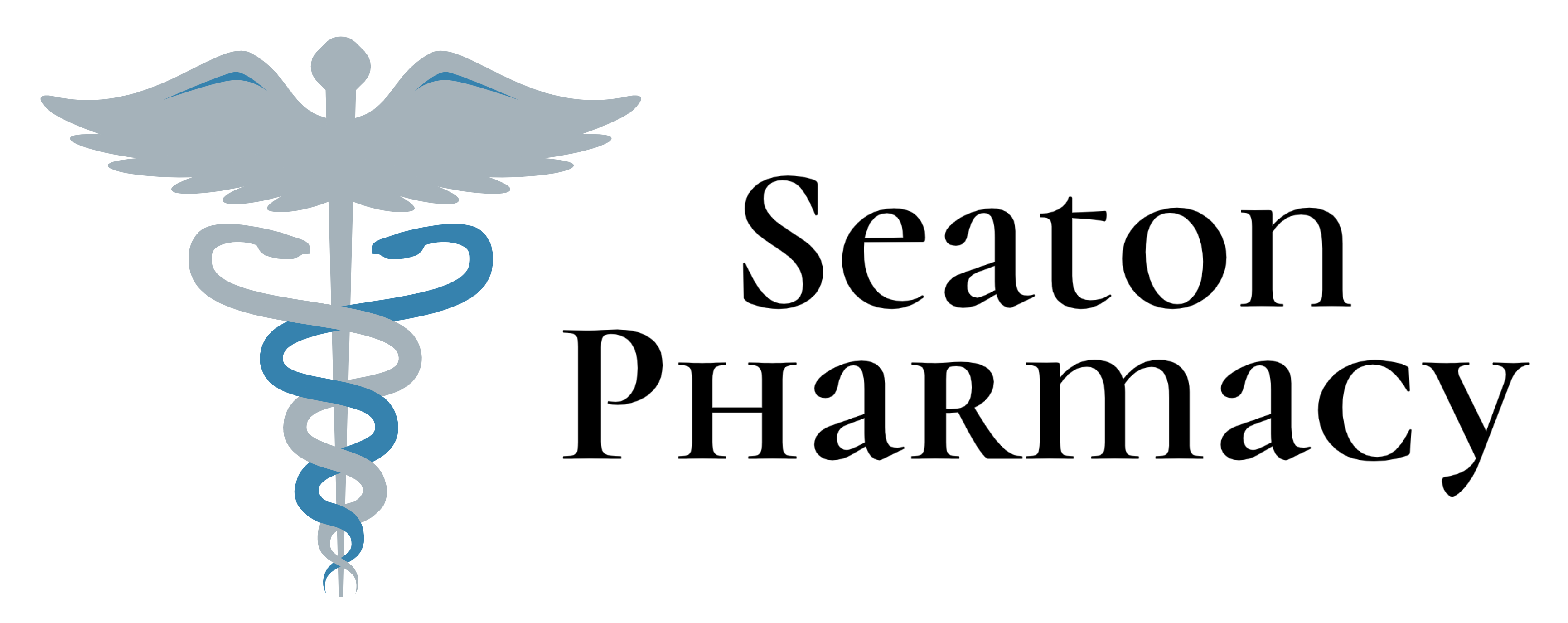Shingles is a painful viral infection caused by the reactivation of the varicella-zoster virus, the same virus responsible for chickenpox. After recovering from chickenpox, the virus lies dormant in the body, often for decades. However, under certain conditions, the virus can reactivate, leading to shingles. At Seaton Pharmacy, we are dedicated to helping the Devon community stay informed and protected, particularly through the shingles vaccine in Devon, which is an effective way to reduce your risk.
What is Shingles?
Shingles typically presents as a painful rash that develops on one side of the body or face. The rash can be accompanied by burning, tingling, or itching sensations and eventually leads to fluid-filled blisters. In some cases, shingles can lead to long-term nerve pain, a condition known as postherpetic neuralgia, which can persist for months or even years after the rash has healed.
The virus responsible for shingles is the same one that causes chickenpox. After a person has had chickenpox, the varicella-zoster virus remains inactive in nerve tissue. For many, it may never reactivate, but certain conditions can trigger it to become active again, resulting in shingles.

Health Conditions That Trigger Shingles
Several factors and health conditions can increase the likelihood of the virus reactivating and causing shingles. The most common triggers include:
1. Aging and Weakened Immune Systems
The risk of shingles increases with age, particularly for those over 50. This is because, as we age, our immune system weakens, making it less able to keep the virus in check. Shingles is more common in older adults, and the severity of the symptoms can also increase with age.
2. Chronic Conditions
Chronic health conditions that compromise the immune system can trigger shingles. Individuals with conditions like diabetes, heart disease, or kidney disease are more likely to experience a weakened immune response, increasing their risk of shingles.
3. HIV/AIDS
People living with HIV/AIDS have a higher risk of developing shingles because the virus significantly weakens their immune system. With a compromised immune response, the body is less able to suppress the varicella-zoster virus, allowing it to reactivate.
4. Cancer and Cancer Treatments
Those undergoing treatment for cancer, such as chemotherapy or radiation therapy, have an increased risk of shingles. Cancer treatments can suppress the immune system, making it difficult for the body to prevent the reactivation of the virus. People with leukaemia or lymphoma are also at heightened risk.
5. Organ Transplants
People who have had an organ transplant are often prescribed immunosuppressive medications to prevent their body from rejecting the transplant. Unfortunately, these medications weaken the immune system, increasing the likelihood of shingles reactivation.
6. Stress
Chronic stress can weaken the immune system over time, making it easier for the varicella-zoster virus to reactivate. High levels of stress or significant emotional or physical strain are commonly reported as triggers for shingles.
Treatment and Prevention
The shingles vaccines, known as Zostavax or Shingrix, is particularly recommended for individuals over the age of 50 or those with weakened immune systems.
Receiving the shingles vaccine can significantly reduce your chances of getting shingles and help prevent complications such as postherpetic neuralgia, which can be debilitating.

What to Expect After the Vaccine
After receiving the shingles vaccine, some people may experience mild side effects, which are usually short-lived. These can include:
Soreness or swelling at the injection site
Fatigue
Headache
Muscle aches
Mild fever
These side effects typically resolve within a few days. Our trained pharmacists at Seaton Pharmacy are here to provide aftercare advice and answer any questions you may have.
When to Get Vaccinated
If you are over 50 or have a condition that compromises your immune system, it’s a good idea to consider the shingles vaccine in Devon. The vaccine is available at Seaton Pharmacy, and our team can help guide you through the process. Whether you’re concerned about your risk or simply want to take a proactive approach to your health, the shingles vaccine is an important step in protecting yourself from this painful condition.
Why Choose Seaton Pharmacy?
At Seaton Pharmacy, we are dedicated to supporting the health of our local community in Devon. Our pharmacists are highly knowledgeable about the shingles vaccine and can provide personalised advice based on your age, health condition, and risk factors. We offer convenient appointment times and expert guidance to help you stay protected.
If you’re interested in learning more about the shingles vaccine in Devon or booking an appointment, contact us at Seaton Pharmacy today. Let us help you take the right steps to prevent shingles and maintain your health.

This blog was written on behalf of Seaton Pharmacy by Pharmacy Mentor.

